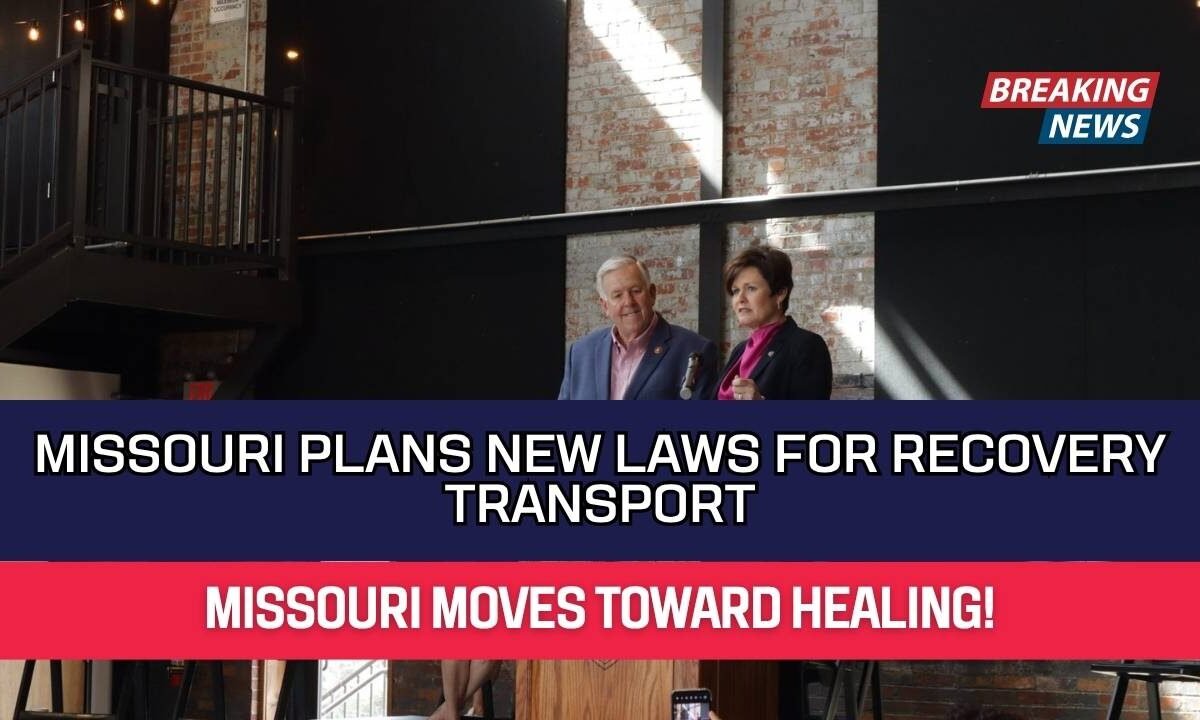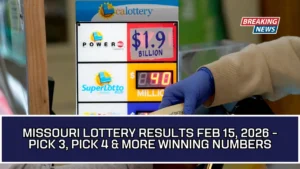In Missouri, a special group called the Substance Abuse Prevention and Treatment Task Force is working hard to help people who struggle with addiction.
For the past three summers, this team has been meeting to find better ways to support people trying to stay sober. This summer, they are focusing on a problem that often gets ignored — transportation.
Many people recovering from addiction face serious problems like homelessness, unemployment, and health issues. But one hidden challenge is how they actually get to their treatment appointments or work.
Without reliable transportation, they are more likely to fall back into addiction. The task force wants to fix that.
Why Transportation Matters in Recovery
Brenden Steenburgen from the Missouri Coalition of Recovery Support Providers said that not having access to transport puts recovering addicts at risk of relapsing. In many parts of the state, especially rural Missouri, it’s hard to get to appointments or jobs without a car.
Many people in recovery can’t drive because their licenses have been suspended — often due to DUIs. Steenburgen explained that in Missouri, someone with three DUIs can’t apply for a new license for 10 years. Even after that, the process is long and difficult.
Without a license, some people drive illegally, which is dangerous. Instead, Steenburgen wants to partner with local churches to provide rides and to make it easier for treatment providers to pay for Uber, Lyft, or taxi services.
One Bus Pass That Changed a Life
Joe Fahey, from the Center for Life Solutions, shared his own recovery story. He said a monthly bus pass helped him stay on track. He still carries that pass in his wallet today as a symbol of strength. Now working in addiction recovery since 2020, Joe helps others see that recovery is possible.
Cutting Government Red Tape
Dr. Rachel Winograd, a professor from the University of Missouri-St. Louis, said that the government makes it too hard for providers to get funds for transportation. She suggests offering grant money directly to providers so they can buy bus passes and rideshare vouchers without going through a long reimbursement process.
Winograd believes “transportation is treatment.” She wants state departments like Transportation, Mental Health, and Social Services to work together and help more.
Taking Treatment to the People
Winograd also wants to bring treatment services directly to communities. She supports using mobile units or “treatment on wheels” to reach people in need. During the COVID-19 pandemic, many used telemedicine, but its use has since dropped — possibly due to lower reimbursement rates.
Expanding Methadone Access
Methadone is a medication used to help reduce withdrawal symptoms. But in Missouri, it is only available at 13 federally approved sites. Winograd proposes “medication units” — secure machines that hold methadone, like ATMs, which can be used in partnership with local treatment programs, especially in rural areas.
Integrating Addiction Treatment Into Regular Healthcare
Stuart Gipson, CEO of Four Rivers Community Health Center in Rolla, wants to make addiction care part of primary health services. He believes patients should be able to get addiction treatment just like they get care for diabetes or high blood pressure.
He says his health center’s urgent care now offers substance use services and includes care managers who help with employment, transportation, and other support needs.
Starting Treatment in Emergency Rooms
Gipson also wants to work with hospitals so that people showing up in emergency rooms can start medication-assisted treatment right away. He says waiting too long could mean missing the chance to help someone who’s ready for help.
What’s Next?
The Missouri task force plans to introduce new laws next year that will make transportation access easier for people recovering from addiction. Their goal is to remove obstacles and help more people get the support they need to live healthy, sober lives.
Transportation might seem like a small issue, but for people battling addiction, it can be the difference between relapse and recovery. Missouri’s leaders are working together to create better, faster, and fairer ways for people to reach treatment, get medication, and stay on their feet.
From bus passes to mobile clinics, and church rides to telemedicine, these efforts show that recovery isn’t just about treatment — it’s about access.




